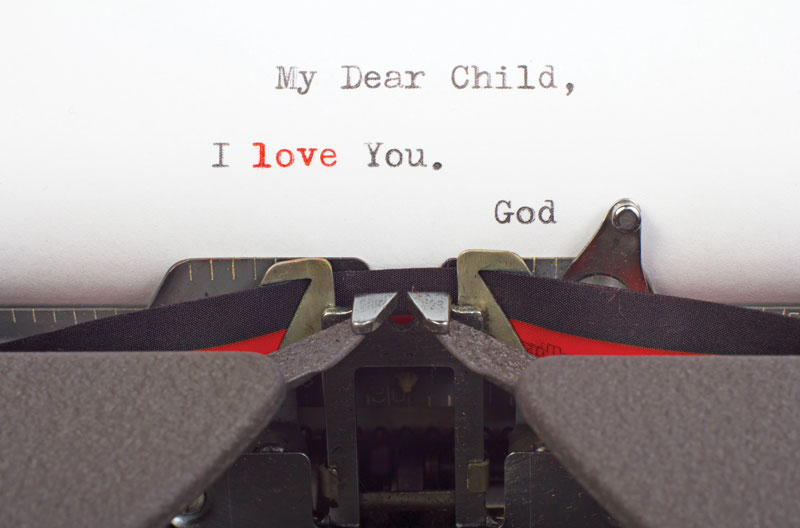My suspicion is that Bonnie is not alone.
I am currently enrolled in Arrow, a Christian leadership development program. During my first residential experience, I was asked to answer this seemingly simple question—Who am I?—in three minutes. I started with my name and quickly added my profession. Then things got interesting. There were two minutes and 50 seconds on the clock, and I was stuck. My name and professional title had become all-encompassing.
After several seconds of awkward silence, I continued: I am a daughter, a wife, a mother, a friend—I am defined by my relationships. I am a musician, a writer—hobbies and skills came next.
The problem with identifying ourselves in these ways is that each of these things is conditional. What if I lose my job, or my spouse dies, or I’m no longer able to play the violin due to injury or illness? If we allow these things to define us, we run the risk of losing our identities, purpose and sense of worth.
I think it’s more than a catchy melody that launched Lauren Daigle’s song You Say to the top of both Christian and secular music charts. The chorus reminds us that we are loved, strong, held and have a place to belong. We are hungry for the truth that we find our identity in Jesus.
As followers of Christ, there is a better way to define our identity than a resumé or Facebook profile. The answer to the continual search for identity is always Jesus. What does he say about us? The Bible is full of descriptions of who God says we are—and they are messages we need to hear:
I am wonderfully made (see Psalm 139:14). All too often, we feel that we don’t measure up to the standards of the world. We apply filters to our photos before posting them to Instagram. We pad our resumés. We count our Facebook likes. Psalm 139 affirms that we are wonderfully made and need not compare ourselves to others to know that we are beautiful in God’s sight.
I am a child of God (see Galatians 3:26) and a friend of Christ (see John 15:15). Relationships are gifts from God, but they are fragile. If relationships are broken, we can question our identity and worth. Perhaps you are estranged from your parents, have a prodigal child or were abandoned by a friend. Find comfort in trusting that God is a good Father, and that Jesus calls you his friend.
I am a citizen of heaven (see Philippians 3:20). As people increasingly move from place to place, citizenship becomes fluid. Sometimes it can become offensive—many were ashamed to say that they were German after the Second World War. In many ways, being a citizen of heaven is not a future concept, but a present reality, for “the kingdom of heaven has come near” (Matthew 4:17). As good citizens, we are called to care for those around us and fight for justice on earth, giving our lives purpose.
As you read your Bible, you will find many more descriptions that will give you hope and assurance as you discover your true identity.
When we understand who we are in Jesus, everything changes. Our attitude toward ourselves changes: our confidence increases and we see value and purpose in our lives. Our attitude toward others changes: we no longer feel the need to compare ourselves to others or define ourselves by what others think of us. And our attitude toward God changes: we celebrate our relationship with him through the Holy Spirit, we are drawn to heartfelt worship and we long to live our lives in a way that pleases him.
God knows exactly who we are. Do you believe him?
Captain Laura Van Schaick is the corps officer at The Salvation Army, A Community Church in Prince Albert, Sask.
Photo: © Eziutka/iStock.com










Leave a Comment